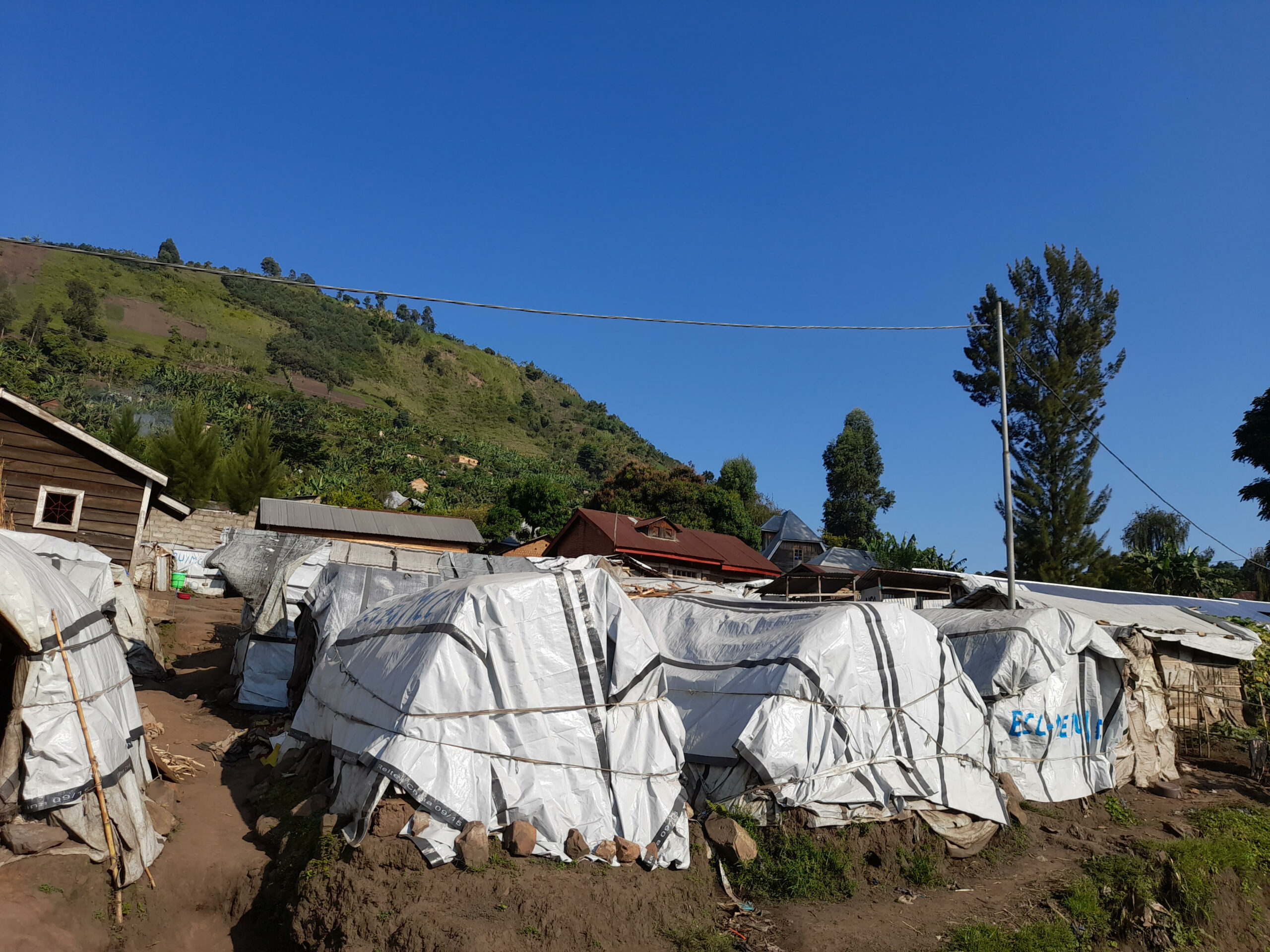Over the summer, members of the Protracted Displacement Economies (PDE) team based in the UK have presented at a variety of different external events.
In May, Michael Collyer presented at the annual Global Academic Interdisciplinary Network (GAIN) organised by the United Nations Refugee Agency (UNHCR). Michael spoke on a session on ‘Urbanisation: Refugee economies and access to essential services’. He outlined the PDE project, focusing particularly on the ways in which the non-financial elements of care and mutual aid are vital to support financial exchanges within displacement economies.
In June, Tahir Zaman spoke at a meeting of a UNHCR working group, the Regional Knowledge Exchange on Social Protection and Forced Displacement, which focuses on Africa’s East, Horn and Great Lakes region. Tahir linked the PDE findings to social protection and identified the significance of social protection that is not organised through state institutions, particularly community organised or spontaneous support between displaced people.
In July, Ceri Oeppen presented a paper at the International Migration Research Network’s (IMISCOE) annual conference in Oslo. The paper was part of a session on ‘Mobility decisions amongst forcibly displaced people’. Ceri highlighted the inclusive approach we are taking in the project to displacement-affected communities. This allows analysis of the role of mobility within these communities, which is much more limited and controlled than we might expect, although mobility does occur in very constrained circumstances.
Later in July, Michael Collyer presented PDE work to a meeting of the Economic Policy Research Institute in South Africa. The meeting focused on ‘Social protection in the context of fragility and forced displacement’, and Michael picked up on Tahir’s UNHCR presentation in June, presenting data from our baseline survey on the critical role that informal and community networks play for displaced people involved in our research.
